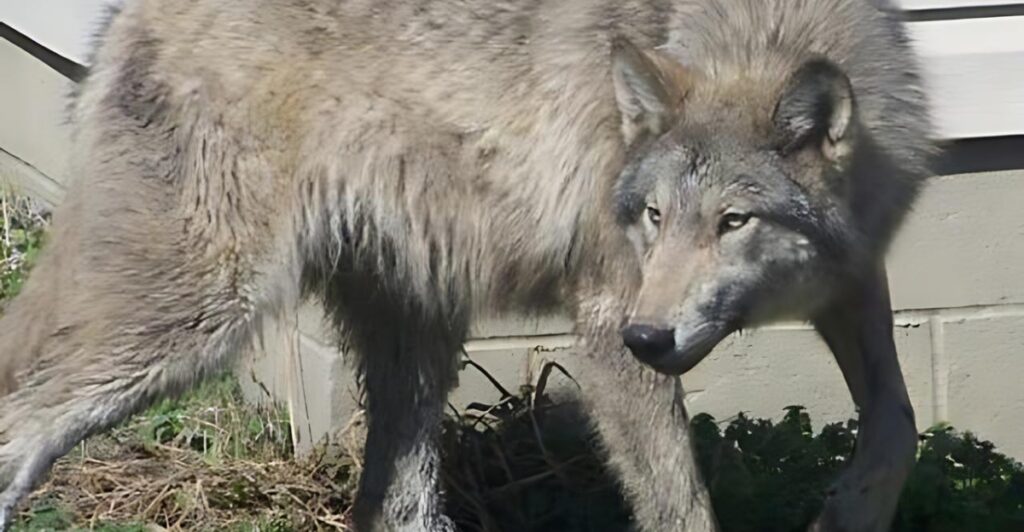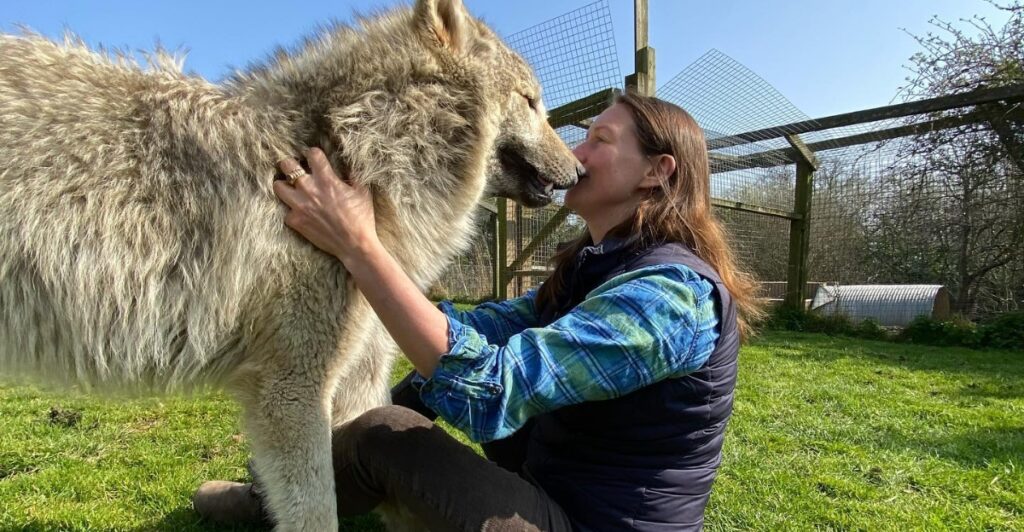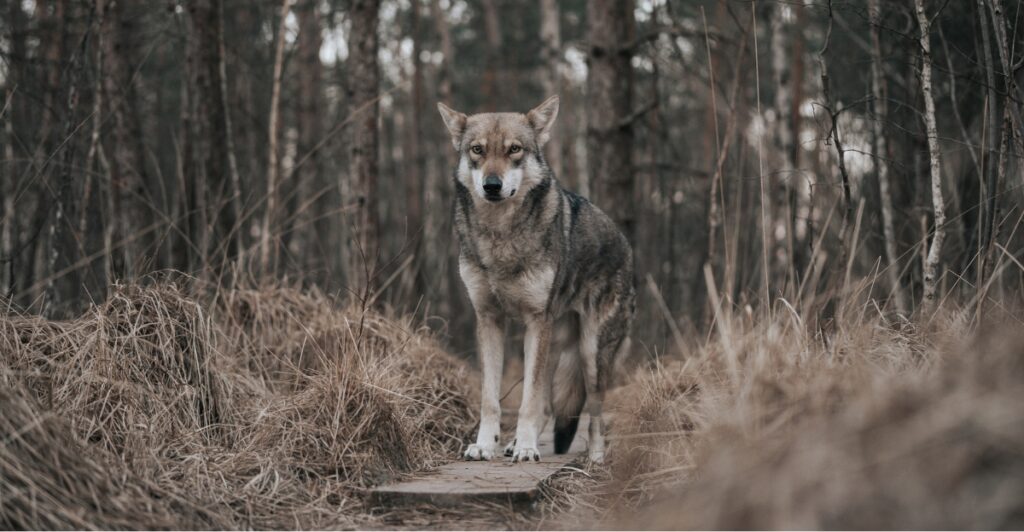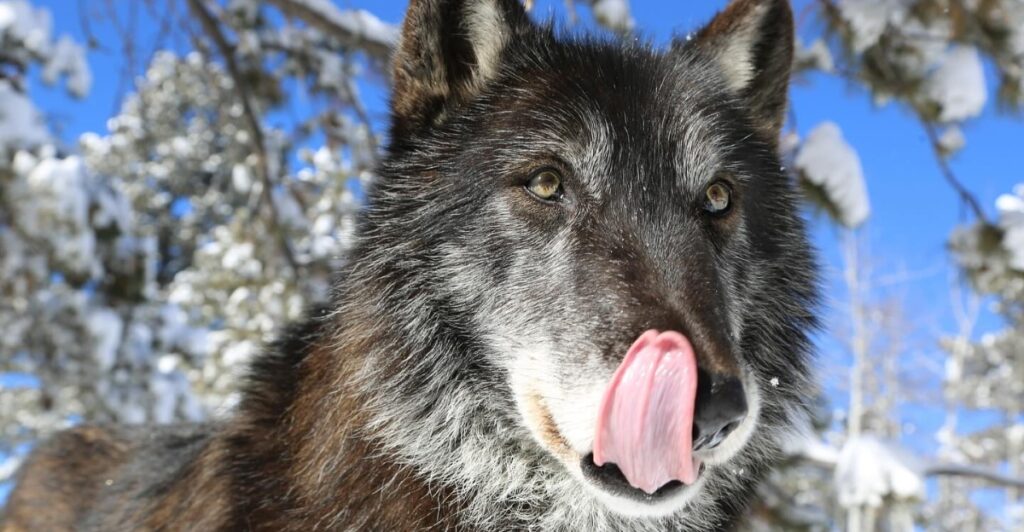
Part wolf, part dog, and entirely captivating, wolfdogs are enigmatic creatures that blend the wild with the familiar. These hybrid animals often fascinate pet enthusiasts with their striking appearance and primal allure. But how domesticated are they really, and what does living with one entail? Spoiler alert: Owning a wolfdog isn’t like having a fluffy golden retriever.
The Wolf Meets the Dog
A wolfdog is exactly what it sounds like—a cross between a wolf and a domestic dog. This blending can produce a unique mix of instincts, behaviors, and appearances. However, the “domesticated” label only applies loosely. Depending on the genetic ratio (often referred to as “content”), wolfdogs can range from being mostly dog-like to almost fully wild. High-content wolfdogs, for instance, exhibit more wolf-like behavior, such as shyness, territoriality, and even aggression, whereas low-content hybrids lean toward traditional canine traits.

This variability makes them unpredictable companions. According to experts, wolves have not been domesticated like dogs and remain fundamentally wild. Mixing those genetics into a hybrid doesn’t just erase the wolf’s natural instincts.
Not Your Typical Lapdog
Let’s be honest, wolfdogs are not for casual pet owners. They are large, intelligent, and incredibly energetic animals that need far more care and space than an average dog. They crave activity and mental stimulation; otherwise, boredom sets in, often leading to destructive behavior.
One major challenge? Housing. These escape artists can leap fences, dig their way out of enclosures, and chew through barriers. For owners who work long hours or lack space, this can quickly become a nightmare. A wolfdog needs a secure outdoor area with plenty of room to roam—think acres, not square feet.
Wolfdogs are also infamous for their aloof nature. Unlike domestic dogs, which are bred to seek human approval, wolfdogs may not “listen” or respond in ways their owners expect. Training them requires patience and a deep understanding of canine behavior, and even then, their instincts often take the lead.

Eating Like the Wild
Feeding a wolfdog isn’t as easy as buying kibble at your local pet store. Their diet mirrors that of their wild relatives: raw meat, bones, and sometimes fruits or grasses. Maintaining this diet can get pricey—some owners spend thousands of dollars annually on food, and for good reason.
Proper nutrition isn’t optional for these hybrid creatures. Without the right diet, wolfdogs can develop health issues or even behavioral problems. While they might enjoy the occasional dog treat, you won’t see them happily munching on biscuits. They need pounds of raw meat to thrive.
Wild At Heart
The behavior of a wolfdog largely depends on its genetic content. High-content wolfdogs are often timid around strangers and display neophobic tendencies—fear of new experiences or environments. They’re pack animals by nature, which can make them fiercely loyal to their owners and families but wary or even aggressive toward outsiders.

Owners must tread carefully, especially in households with children. Wolfdogs may misinterpret normal kid behavior, like running or squealing, as prey-like movement. Their natural protective instincts can also lead to unintended aggression.
Socialization is essential, but it isn’t foolproof. Early exposure to a variety of people, animals, and environments can help mitigate some of the challenges, though it won’t completely erase their wild instincts.
The Legal Gray Area
Still thinking of adopting a wolfdog? First, check your local laws. Ownership legality varies across states and even cities in the U.S. In some areas, wolfdogs are outright banned, while others impose strict regulations and require permits, and these legal hurdles exist for a very good reason. If a wolfdog bites someone, the incident is treated much more seriously than a typical dog bite. Often, this results in the wolfdog being euthanized, regardless of its vaccination status.
Should You Get a Wolfdog?
You should know that owning a wolfdog isn’t just a pet project; it’s a lifestyle. These hybrids demand space, time, resources, and a deep understanding of their nature. Many wolfdogs end up in rescue sanctuaries because aspiring owners underestimate the challenges.

For those prepared to commit, the reward can be profound—a fiercely loyal companion unlike any other. But for most, the risks and responsibilities outweigh the rewards. Experts would recommend considering similar domestic breeds, such as German Shepherds or Siberian Huskies, which offer comparable looks with far less wild behavior.
A Final Thought
Wolfdogs walk a delicate line between domestic and wild. They carry the best and worst of both worlds, making them extraordinary but complex creatures. Whether they belong in homes or should be left in sanctuaries remains a hotly debated question. For now, though, the answer may not lie in their domestication level but in whether their caretakers are ready to meet their needs.
Resources:
- WebMD: What to Know About Wolfdogs and Wolf-Dog Hybrids
- The Spruce Pets: Should You Keep a Wolf Dog as a Pet?
- Wolf PAWS: Wolf-dogs as pets?
Stay connected with us for more stories like this! Follow us to get the latest updates or hit the Follow button at the top of this article, and let us know what you think by leaving your feedback below. We’d love to hear from you!







